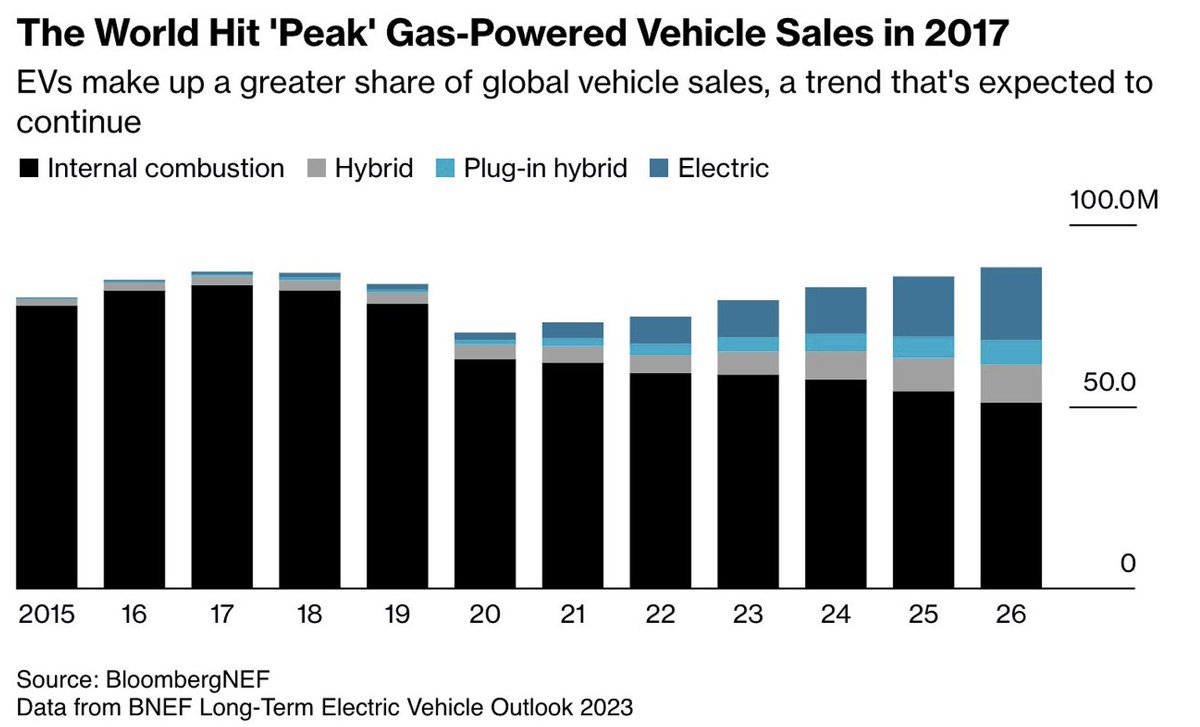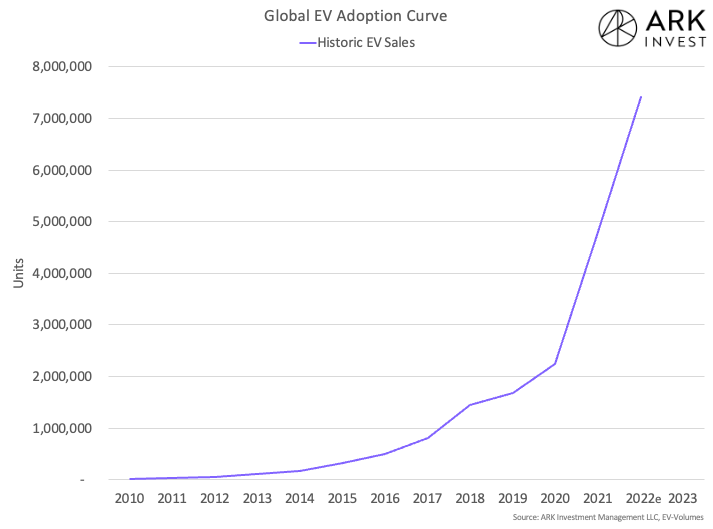1/ The professional driver who was paid to watch the road may have been watching Hulu at the time of the Uber crash. gizmodo.com/uber-driver-in…
Doesn't bode well for the attention of those driving who aren't paid to watch the road.
Doesn't bode well for the attention of those driving who aren't paid to watch the road.
2/ It's unfortunate that we accept humans killing humans on the road because it is the norm, but freak out at semi #autonomous car accidents and ignore the lives it is saving.
Not to mention that #AI is improving and the tech should progressively save more lives.
Not to mention that #AI is improving and the tech should progressively save more lives.
3/ @elonmusk mentions this as does @nntaleb wrt Black Swans, "We can set up rewards for activity that reduces the risk of certain measurable events...But it is more difficult to reward the prevention (or even reduction) of a chain of bad events"
• • •
Missing some Tweet in this thread? You can try to
force a refresh















